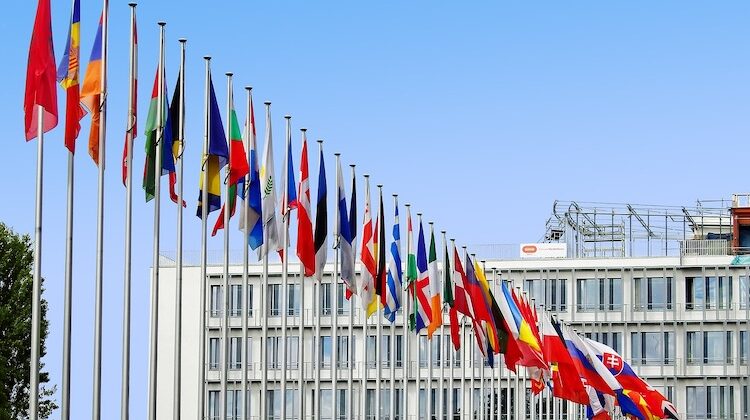
photo courtesy of International Conferences Group
In February 2024, members of Germany’s Bundestag approved a long-awaited adult-use cannabis legalization measure. The successful vote came after nearly 2.5 years of debate and discussion among domestic lawmakers, as well as negotiations between Germany’s Health Minister Karl Lauterbach and the European Union (EU).
If legalization stays on its current trajectory in Germany, the initial provisions of the recently approved measure will take effect on April 1, 2024. Those provisions include the legalization of cannabis cultivation, possession, and consumption by people 18 years old and older. Cannabis will also be removed from Germany’s Narcotics List as part of the approved bill.
Three months later noncommercial cannabis clubs are expected to launch in Germany. Noncommercial cannabis clubs allow adults to sign up for a membership and legally acquire cannabis products, including cannabis seeds and clones. Noncommercial cannabis clubs are already in operation in Malta. Lawmakers in Malta approved a national adult-use cannabis legalization measure back in 2021, with Malta being the first European country to pass such legislation.
Eventually, regional adult-use cannabis commerce pilot projects will be permitted in Germany, although it is unclear at this time when such projects will launch. Adult-use cannabis commerce pilot projects allow consumers and retailers to participate in legal commerce at a local level for the purpose of research. In theory, it allows lawmakers and regulators to collect data and information to be better suited when crafting national policies. Adult-use cannabis commerce pilot projects are already in operation in the Netherlands and Switzerland.
Luxembourg has also passed an adult-use cannabis reform measure (2023). However, the country’s legalization model is more limited compared to what is in place in Malta and what will soon be implemented in Germany.
Luxembourg allows adults to cultivate cannabis in private residences and possess a limited amount of cannabis. Noncommercial cannabis clubs and pilot programs are still prohibited in Luxembourg, along with any other form of adult-use cannabis commerce.
Legalization in Europe will look different than it does in North and South America. Canada, Uruguay, and much of the United States now has robust options for consumers who are looking to legally source cannabis. While those countries are all bound by international treaties that technically prohibit adult-use commerce, there’s apparently no enforcement to back up those provisions of international treaties as recent history has demonstrated.
Europe is different, in that there is an added policy layer in the form of the EU. Through Germany’s policy modernization efforts in recent years the world learned that the EU prohibits national adult-use sales, and they are not budging on it when it comes to their member nations.
However, the EU does permit smaller scale commerce such as noncommercial cannabis clubs and regional adult-use pilot programs. Those models, in addition to home cultivation, will serve as the foundation for European legalization for the foreseeable future, which still provides a lot of opportunity and freedom compared to historical prohibition policies in Europe.
Europe is the most exciting place on earth for cannabis policy and industry right now, and the International Cannabis Business Conference (ICBC) gives attendees a front row seat to it all. ICBC is taking place in Barcelona on March 14, in Berlin on April 16-17, and in Slovenia on September 13. Register today before the events are sold out!


Germany’s adult-use cannabis legalization sets a historic precedent in Europe, balancing progressive reforms with EU regulations, and opening significant opportunities for noncommercial and regional pilot models.